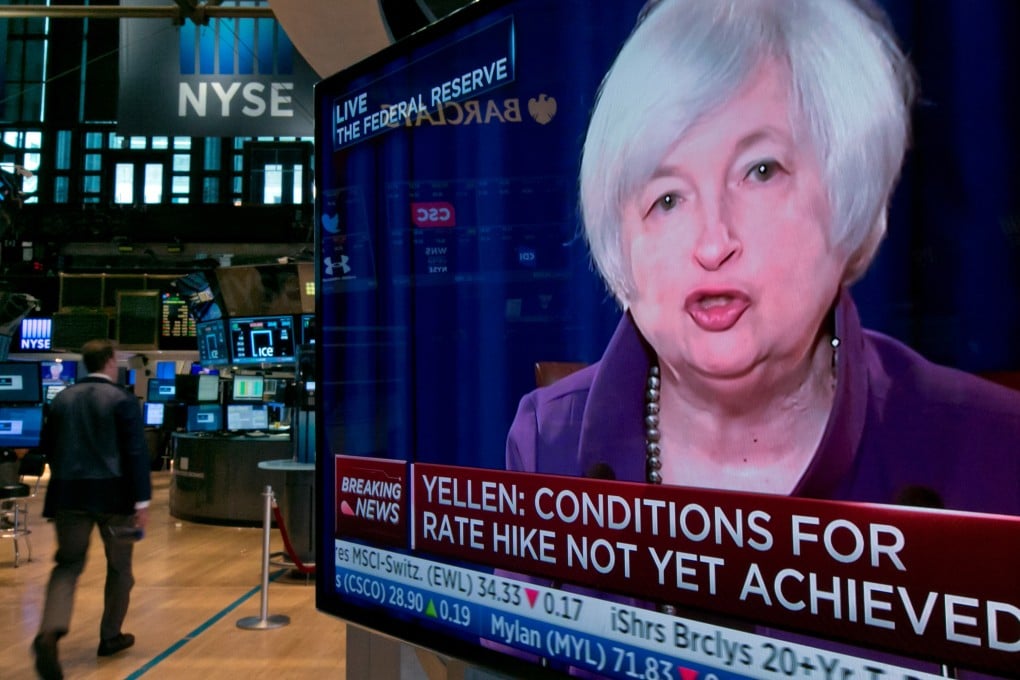New | US Fed may be less patient than market believes
Greece's debt crisis and China's stock market crash are unlikely to be sufficient reasons for the central bank to delay rate rise until 2016

The market seems to be betting that the Federal Reserve is going to steal a page from China’s playbook.
But unlike China, which is trying to put off the inevitable by, among other things, banning some executives from selling stock for six months, investors are now betting that the Fed has shelved any interest rate rise until 2016.
Following ructions in Greece and China, and having digested Wednesday’s release of the Federal Open Market Committee's June meeting minutes, investors at the Chicago Mercantile Exchange are now betting that we will not see a rate rise until January.
That is a substantial change from a month ago, when futures were still looking for an increase this year. Today, futures price only a 39 per cent probability of a rate rise by the Fed’s December 16 meeting and just a 9 per cent chance of one by September.
One risk of this line of thinking is that it may assume that the Fed is as worried about what is happening in the rest of the world as many investors themselves are.
In the past month, the situations in both Greece and China have worsened sharply and unexpectedly. Greece and its European partners have thus far proved unable to come up with a plan for Athens to avoid default, raising the possibility that it is ejected, or cascades, out of the euro currency.